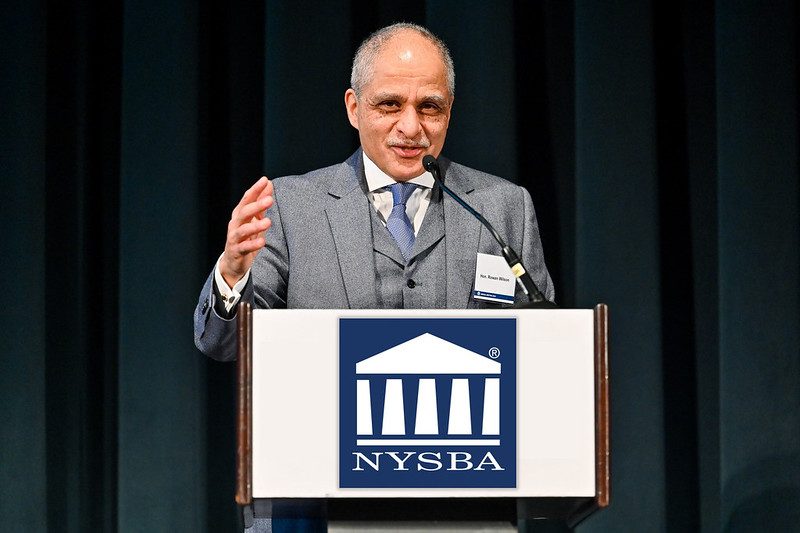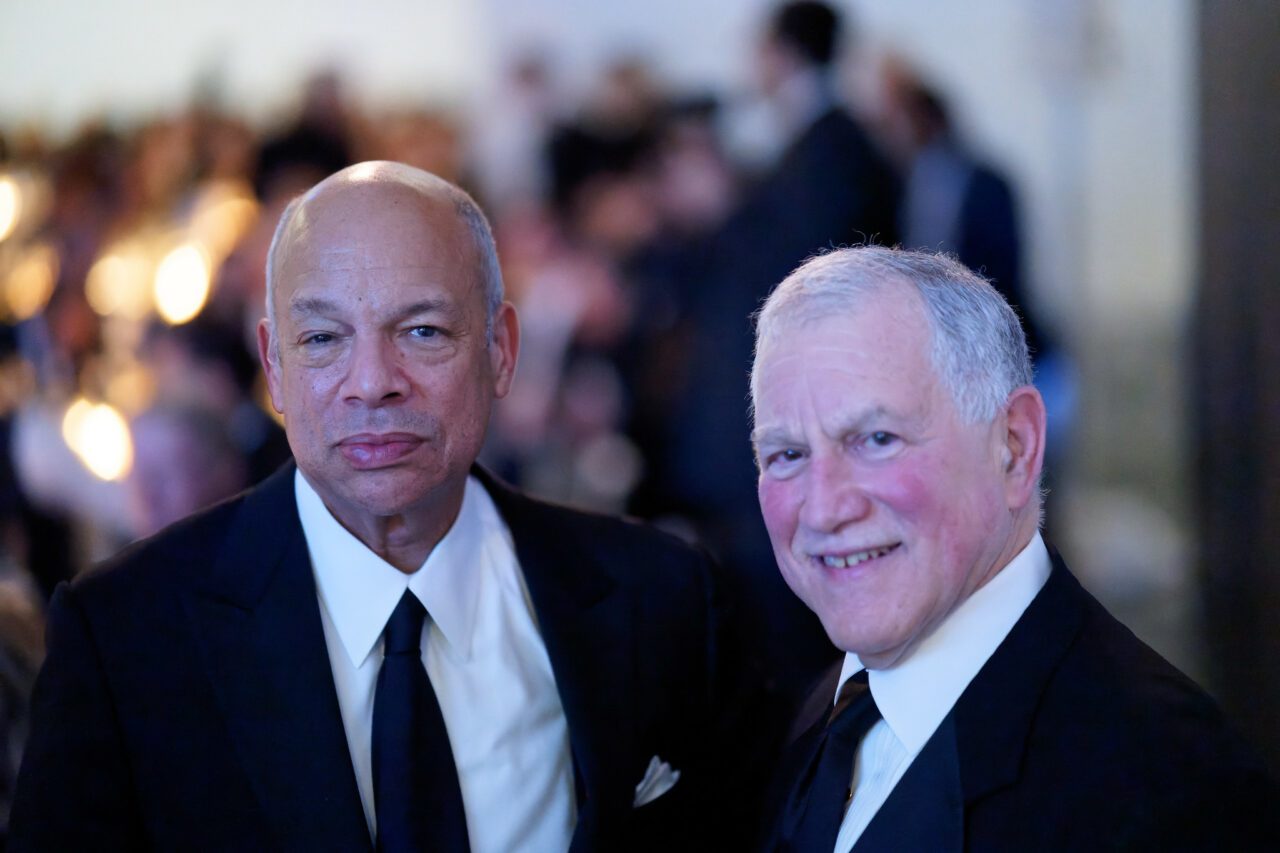Setting Up Cannabis Businesses For Equal Opportunities and Success
1.19.2024

Tabatha Robinson, the deputy director for Economic Development Policy and Research at the New York State Office of Cannabis Management, has big plans for cannabis sales in the Empire State.
Robinson laid out her vision in a lively discussion moderated by Richard J. Washington, the social equity and community reinvestment chair of the Cannabis Law Section, during the New York State Bar Association’s Annual Meeting.
“New York is amazing because we say that equity essentially equals economic development, small business development, and incubation,” said Robinson.
According to Robinson, about 70% of the 6,800 marijuana-license applications the Office of Cannabis Management received in the latest round were from social equity applicants – meaning that the applicants are minority and women-owned businesses, distressed farmers, service-disabled veterans, or individuals from communities disproportionately impacted by the enforcement of cannabis prohibition.
“We are very, very fortunate to have that number,” said Robinson. “Really just shows how much social equity is in the air.” She noted that the Marihuana Regulation and Taxation Act has a goal of awarding 50% of the adult-use licenses to social equity applicants.
To qualify as a social equity applicant, a business must be 51% owned by the qualifying individual and they must be actively involved in day-to-day operations and decisions made at the company. “That social and equity individual has to be at the table,” said Robinson. “If their name is on the license and they are the ones that actually qualify, then they have to be at the table with everyone else.”
The Office of Cannabis Management plans to offer a logo to social and equity businesses that will mark them as such. “They can use it in any marketing materials,” said Robinson. “They can have it on a storefront, they can put it on a business card, they can put it on packaging . . . Think about fair trade. Think about organic. When you see that, it signals something to you, and that increases consumer engagement.”
The law also requires the Office of Cannabis Management to set up incubator programs to support social equity licensees with marketing, financial planning, compliance, and small business coaching. Robinson said that her department is looking for physical locations for the incubator program.
The applications were equally split between upstate and downstate. Robinson noted that less populated areas are better suited for growing and refining marijuana, as opposed to retail stores.
“North Country has about 25% of the agricultural land in the state and 2% of the population,” said Robinson. “So we’re looking at that region and thinking what does that mean for a cultivation license . . . We’re looking at the Adirondacks – what does the dispensary license look like there? Especially during those high-traffic, high-tourist months.”
According to Robinson, the social equity applicants included all aspects of cannabis production and distribution, including growing, processing, delivery, and retail.
“New York is a brand,” said Robinson. “And so that means that companies coming out of New York will also be a brand. We still live in the world of federal prohibition, so interstate commerce isn’t permitted – as you all know. But we are preparing our businesses to succeed once the walls do come down.”






